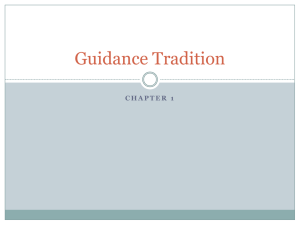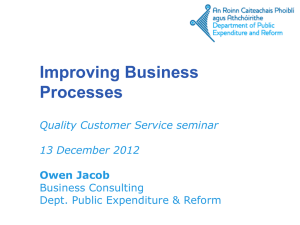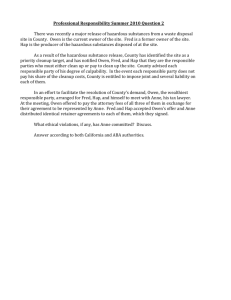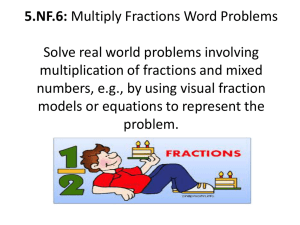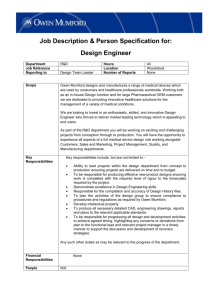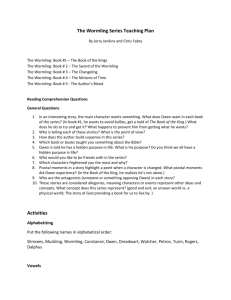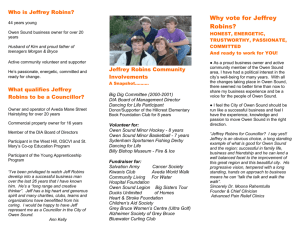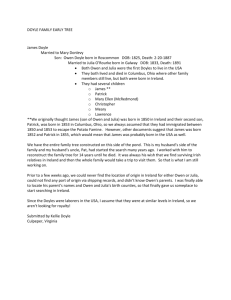Ebenezer G.P. Perinbaraj 1/22/2016 Robert Owen (1771–1858
advertisement
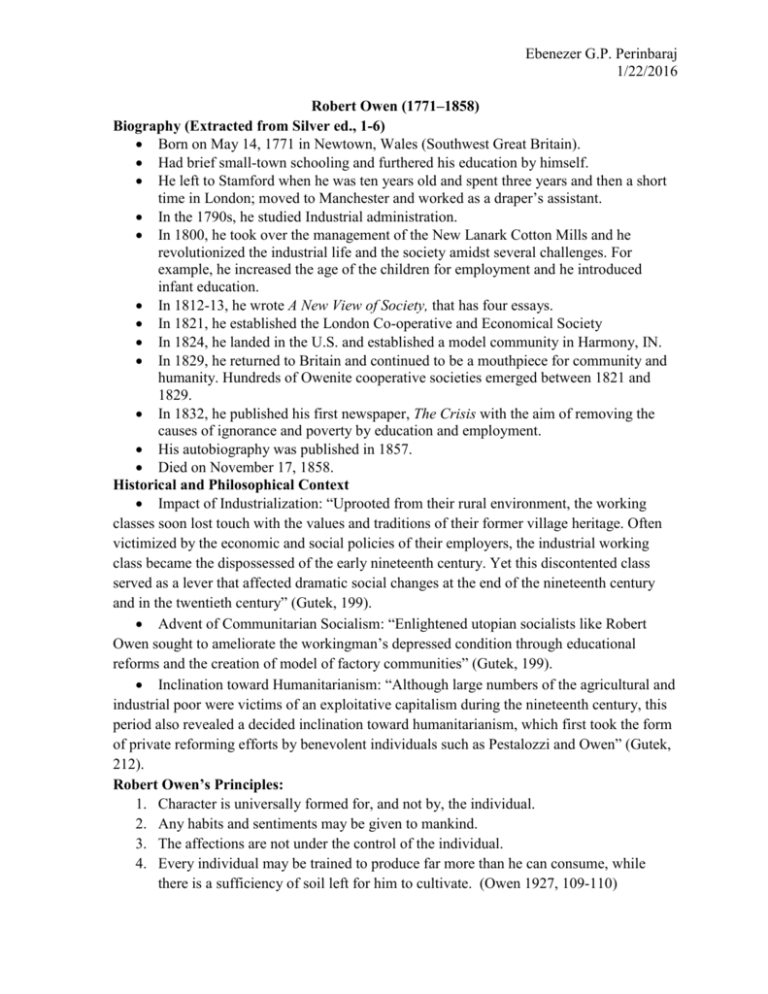
Ebenezer G.P. Perinbaraj 1/22/2016 Robert Owen (1771–1858) Biography (Extracted from Silver ed., 1-6) Born on May 14, 1771 in Newtown, Wales (Southwest Great Britain). Had brief small-town schooling and furthered his education by himself. He left to Stamford when he was ten years old and spent three years and then a short time in London; moved to Manchester and worked as a draper’s assistant. In the 1790s, he studied Industrial administration. In 1800, he took over the management of the New Lanark Cotton Mills and he revolutionized the industrial life and the society amidst several challenges. For example, he increased the age of the children for employment and he introduced infant education. In 1812-13, he wrote A New View of Society, that has four essays. In 1821, he established the London Co-operative and Economical Society In 1824, he landed in the U.S. and established a model community in Harmony, IN. In 1829, he returned to Britain and continued to be a mouthpiece for community and humanity. Hundreds of Owenite cooperative societies emerged between 1821 and 1829. In 1832, he published his first newspaper, The Crisis with the aim of removing the causes of ignorance and poverty by education and employment. His autobiography was published in 1857. Died on November 17, 1858. Historical and Philosophical Context Impact of Industrialization: “Uprooted from their rural environment, the working classes soon lost touch with the values and traditions of their former village heritage. Often victimized by the economic and social policies of their employers, the industrial working class became the dispossessed of the early nineteenth century. Yet this discontented class served as a lever that affected dramatic social changes at the end of the nineteenth century and in the twentieth century” (Gutek, 199). Advent of Communitarian Socialism: “Enlightened utopian socialists like Robert Owen sought to ameliorate the workingman’s depressed condition through educational reforms and the creation of model of factory communities” (Gutek, 199). Inclination toward Humanitarianism: “Although large numbers of the agricultural and industrial poor were victims of an exploitative capitalism during the nineteenth century, this period also revealed a decided inclination toward humanitarianism, which first took the form of private reforming efforts by benevolent individuals such as Pestalozzi and Owen” (Gutek, 212). Robert Owen’s Principles: 1. Character is universally formed for, and not by, the individual. 2. Any habits and sentiments may be given to mankind. 3. The affections are not under the control of the individual. 4. Every individual may be trained to produce far more than he can consume, while there is a sufficiency of soil left for him to cultivate. (Owen 1927, 109-110) Ebenezer G.P. Perinbaraj 1/22/2016 Robert Owen on Character Formation: “Any general character, from the best to the worst, from the most ignorant to the most enlightened, may be given to any community, even to the world at large, by the application of proper means; which means are to a great extent at the command and under the control of those who have influence in the affairs of men” (Silver ed., 71). Robert Owen on Children: “Children are, without exception, passive and wonderfully contrived compounds; which, by an accurate previous and subsequent attention, founded on a correct knowledge of the subject, may be formed collectively to have any human character. And although these compounds, like all the other works of nature, possess endless varieties, yet they partake of that plastic quality, which, by perseverance under judicious management, may be ultimately moulded into the very image of rational wishes and desires” (Silver ed., 80). Robert Owen on Children, Education & Character Formation: “…the governing powers of all countries should establish rational plans for the education and general formation of the characters of their subjects. These plans must be devised to train children from their earliest infancy in good habits of every description (which will of course prevent them from acquiring those of falsehood and deception). They must afterwards be rationally educated, and their labor be usefully directed. Such habits and education will impress them with an active and ardent desire to promote the happiness of every individual, and that without the shadow of exception for sect, or party, or country, or climate (Silver ed., 76). Robert Owen on Knowledge: “There is no knowledge except this which can make human nature truly benevolent and kind to the whole of the species, and with the certainty of a mathematical demonstration, render all men charitable, in the most enlarged and best sense of the term” (Owen 1927, 151). Robert Owen’s Educational Components: Students Infants & Children Teacher One who is morally good and a Utopian Socialist Curriculum Character formation and rational education, formal book learning after ten, reading, writing, arithmetic; sewing, cooking, and housekeeping for girls Environment Hospitable and kind, singing, dancing, and playing Methodology Training, rational thinking, natural objects & visual aids, practical experiments Outcomes Character formation, well-being of the individual and society, Utopia Strategy Educating Infants & Children for personal and societal transformation through a good learning environment that stimulates rational thinking Robert Owen and Traditional Philosophies: Society - Platonic Character - Socratic Rationality - Aristotelian Ebenezer G.P. Perinbaraj 1/22/2016 REFERENCE LIST Gutek, Gerald Lee. 1995. A history of the Western educational experience. 2nd ed. Long Grove, IL: Waveland Press. Leopold, David. 2011. Education and utopia: Robert Owen and Charles Fourier. Oxford Review of Education Vol. 37, no. 35: 619-635. Owen, Robert. 1927. A new view of society and other writings. New York, NY: E.P. Dutton & Co. Inc. Silver, Harold. 1969. Robert Owen on education. Ed. New York, NY: Cambridge University Press. Tait, L Gordon. 1971. Robert Owen on character formation and education. Religious Education, 66, no. 6: .450-456
